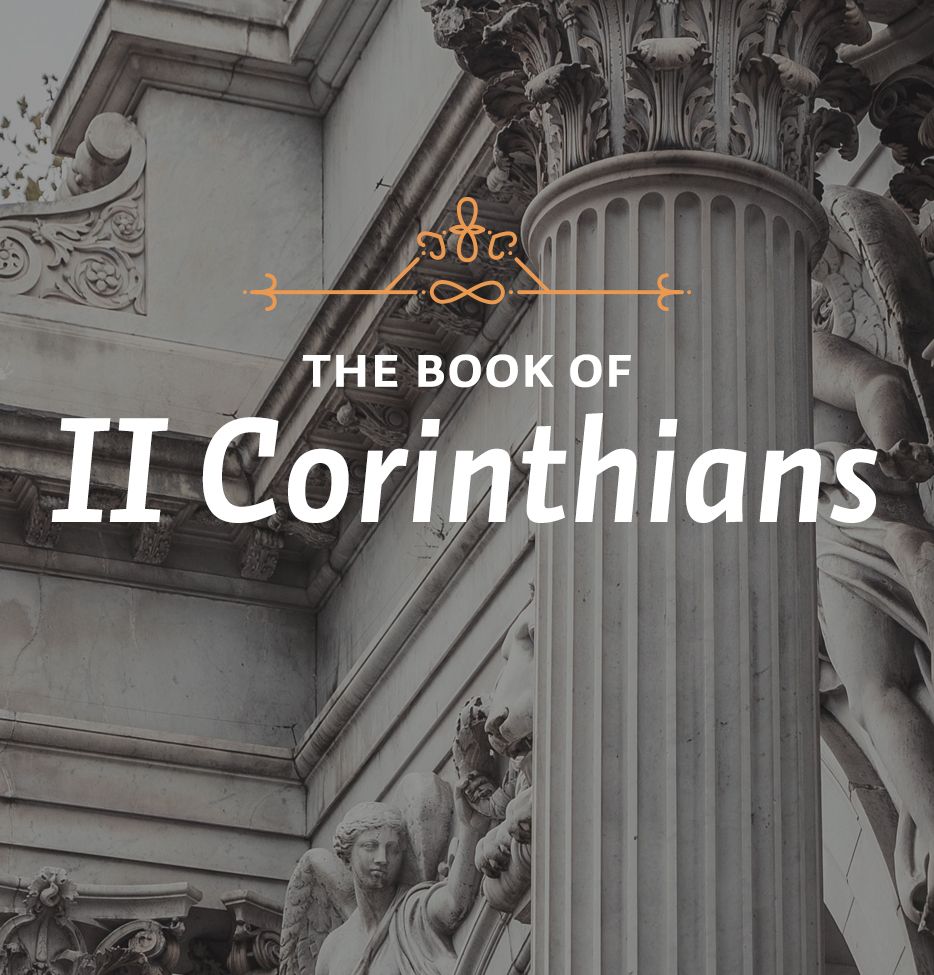Final Greetings1 Corinthians 16:1-24Theme: Practical Christian living.This week’s lessons provide us with practical teaching on giving, loving, and standing firm.
LessonAt the very end of 1 Corinthians Paul talks about a number of individuals. He generally does that in his letters. Paul, for all of his ability and all of his missionary strategies, nevertheless was always thinking about people. And he thought about them in a very warm way.
Paul mentions Stephanas. This man was one of the first converts in Achaia there in Corinth. He opened his house to Paul, which is where one of the first churches in that city was established. That man was likely having difficulty, because Paul said, “I urge you, brothers, to submit to such as these” (v. 16). Apparently, some of the Corinthian believers were not very willing to submit to Paul, and if they were not going to submit to Paul, they were not going to submit to Stephanas either. However, Paul pointed out that Stephanas was a leader and an elder, and therefore entitled to submission.
These men had visited Paul – Stephanas, and Fortunatus, and Achaicus, and perhaps others. Probably they are the ones that had brought a letter from Corinth to Paul while he was at Ephesus, thus enlightening him about the problems to which he is responding in this epistle. And likely, Stephanas, Fortunatus, and Achaicus were those designated to return Paul’s reply to Corinth. Paul expresses his appreciation of them by saying, “I was glad when Stephanas, Fortunatus, and Achaicus arrived, because they have supplied what was lacking from you. For they refreshed my spirit and yours also” (vv. 17-18).
It might mean that he has a gift in mind, and he is thanking them for it in an indirect way. However, I think probably what he is thinking of is the fellowship that he had enjoyed with the Corinthian Christians. He is really saying that he has missed them, but then these three had come representing the church and its fellowship. So, to some degree, they made up the void in Paul’s heart created by the separation from the believers at Corinth. Therefore, Paul is saying that such men deserve recognition. Then he mentions those among whom he is currently ministering–those in Asia, where Ephesus was. Aquilla and Priscilla had made their way there. He says, “They send their greetings, and so do all the brothers.”
Finally, in verse 21 and following, Paul sends his own greeting. He seems to have written the last words of the letter with his own hand. He must have had someone to whom he dictated his letters, probably a slave who would function as a secretary. Yet here Paul seems to have written the last words by himself. Paul characteristically wrote the end of the letters himself, probably to give them authenticity. There were counterfeit letters going around, forgeries that were supposedly from Paul. So, at the end of this letter he wrote, “I, Paul, write this greeting with my own hand. If anyone does not love the Lord, a curse be on him. Come, oh Lord! The grace of the Lord Jesus be with you. My love to all of you in Christ Jesus. Amen” (vv. 22-24).
In the original Greek text, there are two interesting words used by Paul in his closing. One is the word, anathema, which is a Greek word, the word we have translated, “a curse.” And then there is the Aramaic word, maranatha, which is translated in the New International Version, “Come, oh Lord.” That word, maranatha, can be divided up in two ways. It can mean a statement, “The Lord is coming.” Or it can be a prayer, “Come, oh, Lord.” Probably it is to be taken in the latter way, which is how it is translated here. Paul recognizes the seriousness of Christ’s judgment. Jesus is coming. Those who are not in Christ, who do not love him because their natures have not been changed, have experienced his judgment. They are under the curse of God. It is a very serious thing.
Yet at the same time Paul can express a prayer for Jesus’ return because that prayer will mean the resolution of all things. It will mean judgment upon sin. It will mean the reward of the godly and Christ’s reign forever and ever. No wonder he says, “The grace of the Lord Jesus Christ be with you. My love to all of you in Christ Jesus.” May we have the courage and grace of Jesus Christ to live by the principles we find here.
Study Questions
Who were Stephanas, Fortunatus, and Achaicus? How did they supply what was lacking from the Corinthian church?
Why did Paul write the end of his letters himself?
What do anathema and maranatha mean?
ApplicationPaul’s epistles were very practical and personal. Think of the individuals the Lord has placed in your life. Thank the Lord for them, and express your gratitude to them for their ministry and friendship.






